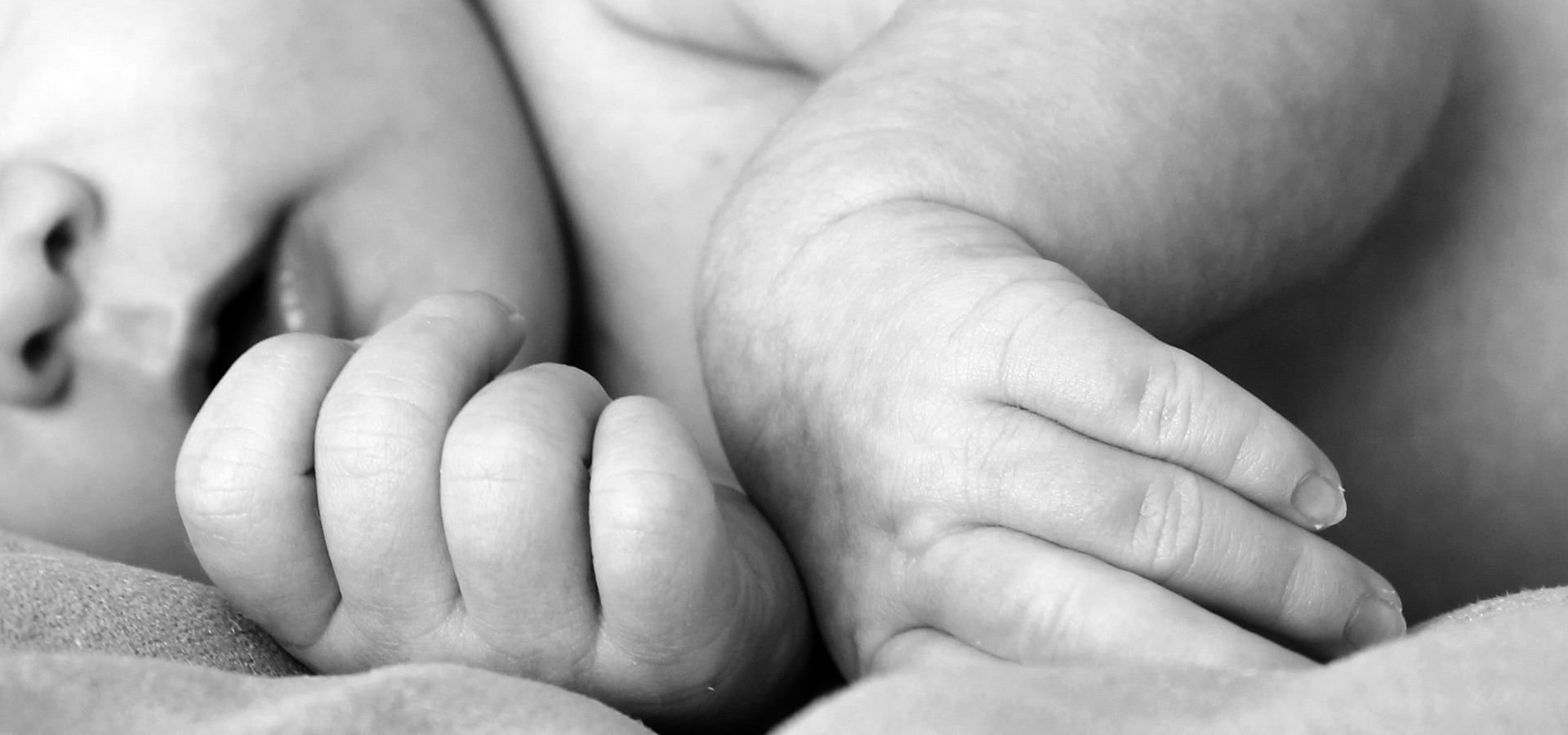 Source: bing.com
Source: bing.comBabies are born with the need to be loved and taken care of. They are dependent on their caregivers for everything, from food and shelter to emotional support. As they grow and develop, babies need to learn to trust the people around them to feel safe and secure. But how does a baby develop a sense of trust, and what can caregivers do to help?
Table of Contents
The Importance of Trust
Trust is a foundation for healthy relationships and emotional well-being. Babies who develop a sense of trust are more likely to be confident, secure, and resilient. When babies trust their caregivers, they feel safe and secure, which helps them learn and explore the world around them. They are also more likely to form healthy attachments, which will benefit them throughout their lives.
Early Experiences
The first year of a baby’s life is critical for developing trust. During this time, babies learn about the world around them through their experiences with their caregivers. When caregivers respond promptly and consistently to a baby’s needs, the baby learns that they can trust their caregivers to provide for their needs.
For example, if a baby cries because they are hungry, and their caregiver responds by feeding them, the baby learns that their needs will be met. This helps them feel secure and builds trust between the baby and caregiver. However, if a baby cries and their caregiver does not respond, or responds inconsistently, the baby may develop a sense of anxiety or mistrust.
Responsive Caregiving
Responsive caregiving is essential for building trust. This means paying attention to a baby’s cues and responding promptly and appropriately to their needs. For example, if a baby is hungry, they may suck on their fists or root around looking for a breast or bottle. If a caregiver responds by offering food, the baby learns that their needs will be met.
Responsive caregiving also involves providing emotional support. Babies need to feel loved, comforted, and soothed when they are upset. When caregivers respond with warmth and affection, babies learn that they are valued and loved. This helps them feel secure and builds trust between the baby and caregiver.
Consistency and Predictability
Consistency and predictability are also essential for building trust. Babies thrive on routine and predictability. When caregivers provide consistent care, babies learn that they can rely on their caregivers to meet their needs. This helps them feel secure and builds trust between the baby and caregiver.
Consistency involves providing the same response to a baby’s needs each time. For example, if a baby is hungry, the caregiver should respond by feeding them each time they are hungry. Predictability involves establishing routines and patterns. For example, a consistent bedtime routine can help a baby feel secure and prepare them for sleep.
Building Trust Over Time
Building trust takes time and effort. It requires consistent, responsive caregiving and a secure, predictable environment. As babies grow and develop, they will continue to rely on their caregivers for support and guidance. By providing a nurturing, trusting relationship, caregivers can help babies develop into confident, secure, and resilient individuals.
Conclusion
Trust is essential for healthy relationships and emotional well-being. Babies who develop a sense of trust are more likely to feel confident, secure, and resilient. Caregivers can help babies develop trust by providing consistent, responsive care and a secure, predictable environment. By building a nurturing, trusting relationship, caregivers can help babies develop into confident, secure, and resilient individuals.
Frequently Asked Questions
Q: How can I tell if my baby trusts me?
A: If your baby is content and happy when they are with you, and seeks your comfort when they are upset or distressed, it’s a good sign that they trust you.
Q: Can a baby develop trust issues?
A: Yes, if a baby’s needs are not consistently met or if they experience trauma or neglect, they may develop trust issues that can affect their emotional well-being and relationships throughout their lives.
Q: What are some ways to build trust with a baby?
A: Providing consistent, responsive care, establishing routines and patterns, and offering emotional support are all ways to build trust with a baby.
Q: How important is trust for a baby’s development?
A: Trust is essential for a baby’s emotional well-being and development. Babies who develop a sense of trust are more likely to be confident, secure, and resilient.
Q: What can I do if my baby has trust issues?
A: If your baby has trust issues, it’s important to provide consistent, responsive care and seek support from a healthcare professional or therapist if needed.
